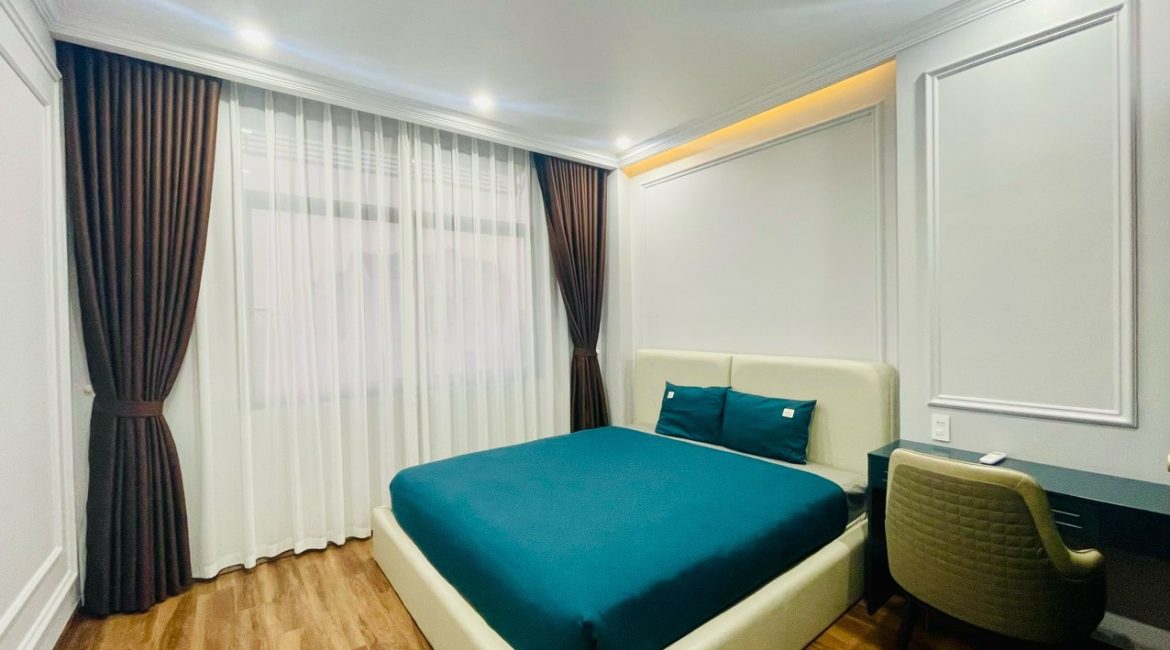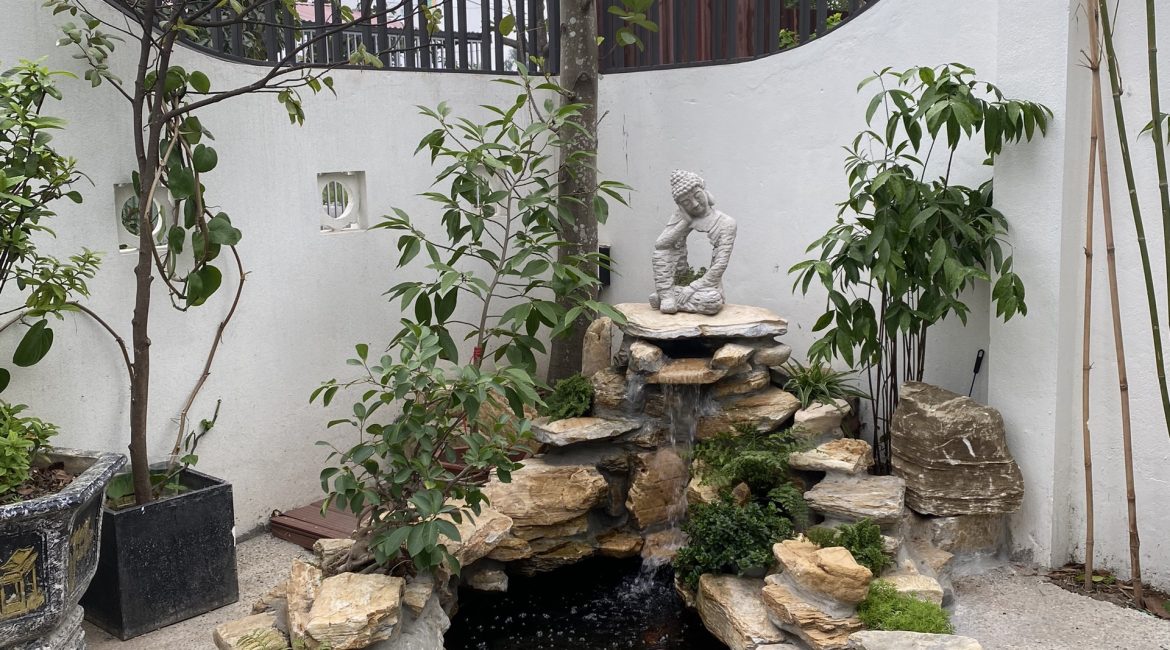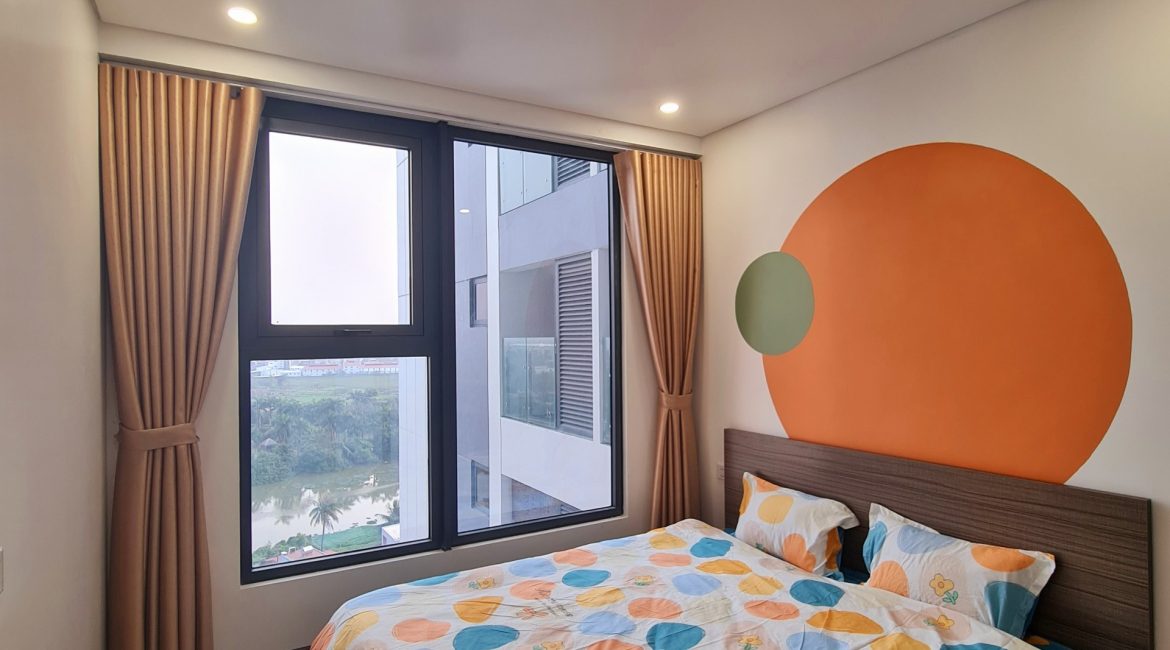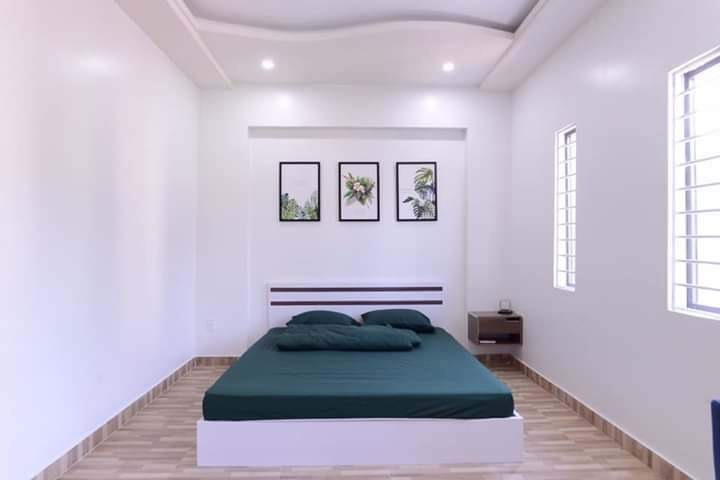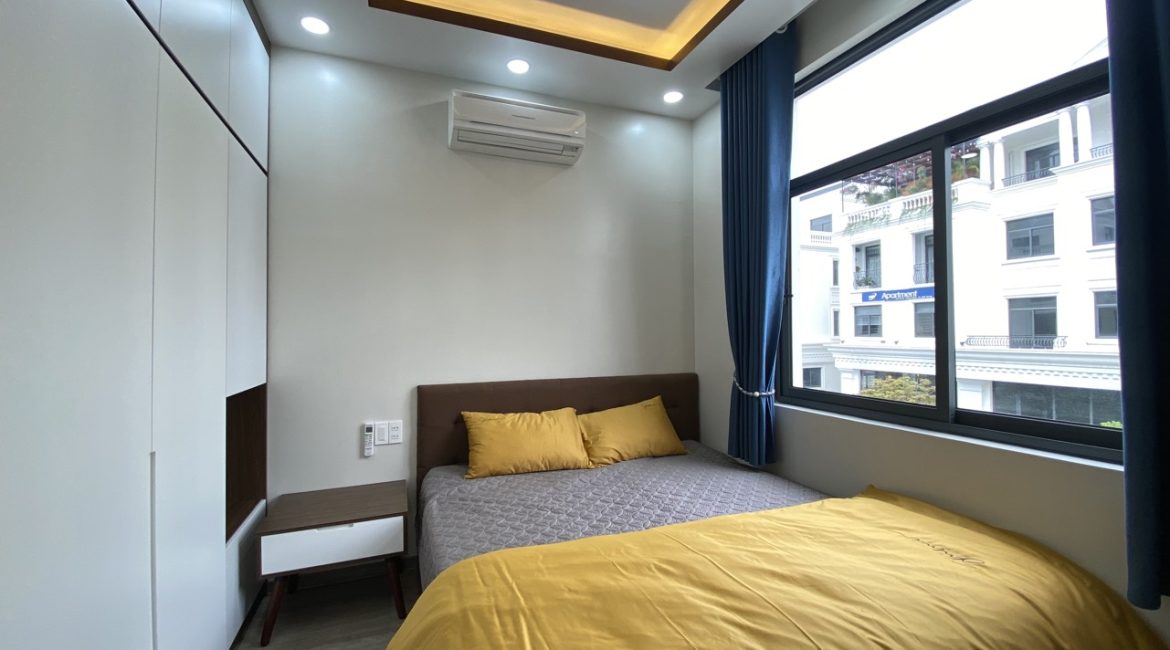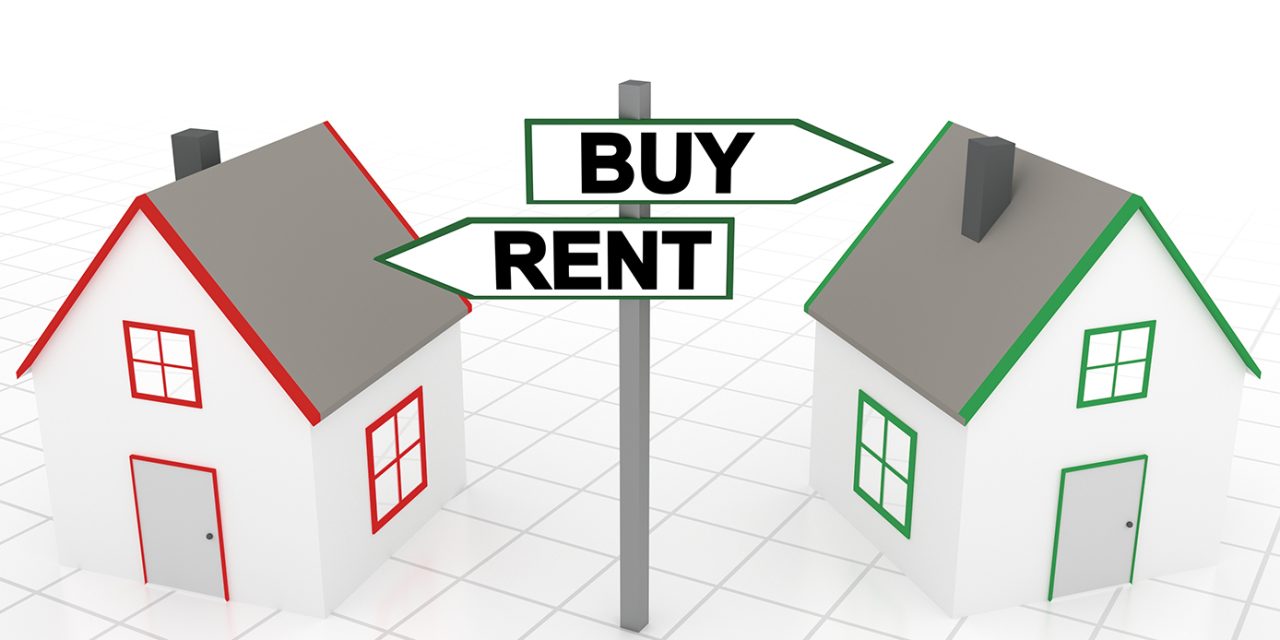
SHOULD BUY OR RENT A HOUSE IN VIETNAM?
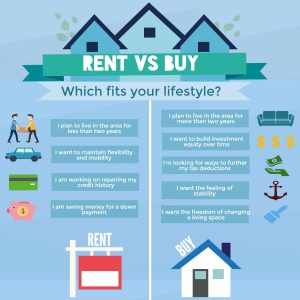
HOW MUCH DO YOU SPEND FOR RENTING?
The numbers and experts tend to agree that buying a home has more adva ntages than renting does.
Renting is great for people who move around a lot and don’t expect to stay in a property or location for too long.
Renting is cheaper than buying is, only if you plan on staying in a home for 3 years, or less.
If you don’t plan on moving for at least 4 or 5 years then buying has many advantages over renting.
Buying or renting a property is an endless debate. At a particular time in your life, you have to make a decision whether to own your own house or keep renting an apartment. There are obvious advantages and disadvantages of renting a house and so as to buying.
Here in Hai Phong, we offer you plenty of houses and apartments for sale or for rent. Which is located in Golden places and Most desirable for foreigners to live.
Let’s go through some pros and cons of both scenarios below which somehow can help you make the right decision.
BUYING A HOUSE
The pros
Stability: For most people, it’s very proud to tell others that “I own this house”. Yes, it’s your legal property, so you don’t have to worry if one day the landlord sells their house to another or they stop the rental suddenly. Regardless of the reason, when the house is not available for rent anymore, you have no choice but rush finding a new place.
Renovation: Being the owner means that you can make any changes in designs, decorate in your style, alter furniture and even renovate landscape. No more restriction from your landlord prevents you from making it your own home.
Greater security and freedom: Except for you- the only key keeper, no one can simply enter your house. But it is not the case of renting when the landlord or even some other people also have the key. Moreover, letting someone live together does not need any permission.
House value increases over time: Besides the downturn period, house price naturally rises from time to time and in the long-run, it is definitely a potential and wealthy investment.
The cons
Down payment: Either you buy by installment buying or discredit, the seller gets you to make a certain amount of deposit. With this sum, you can invest into many other purposes like further study, traveling, business establishment, etc. but not solely into property down payment. The cost may vary from 10 to 50% of the house value, so ensure that your financial status is strong enough.
Other costs: Apart from the house’s buying cost, a lot of running bills also shoulder the owner. VAT, annual property tax, asset tax, registration fee, etc. are basic taxes that a buyer needs to bear when they make the deal. Ratio of tax will depend on what kind of house you buy (apartment or private house) and its area.
Policy barrier: Legal procedures and applied policies for local residents are complicating, and they are even more complex for foreigners. Under Decree 99/2015 of the Vietnam Government, foreigners can own a house for 50 years only and after that period, they can extend ownership to more than 50 years. Also according to the Housing Law, a maximum of 30% of units in a building and 250 houses in a ward is allowed to be sold to foreigners. Those regulations are considered as drawbacks for foreigners to buy houses in Vietnam. And you’re advised to work with a reliable legal or housing agent so that they can provide you with consultancy and help you proceed paperwork.
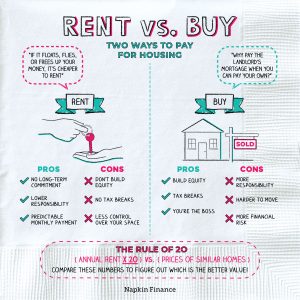
RENTING A HOUSE
The pros
Easier relocation: This option is ideal for those who change jobs often or their jobs require frequent traveling. As a tenant, you can move to different houses or areas more easily and quickly when your contract ends. In contrast, relocating when you own a house will take much time and effort on selling, sometimes you even accept to make a loss so as to sell it quickly.
More valuable investments: In another perspective, renting will make more sense because you don’t spend a huge amount of money on down payment and additional costs. Your savings is free for other investments like stock, study and travel which can yield greater returns for you at the moment.
Free hands from maintenance and repair: Choosing rental means it’s not necessary for you to learn mechanical tactics. If the oven is out of order, or the shower leaks, just give the landlord a call to repair. After that, you don’t even have to worry about repair costs or new replacement costs.
Included taxes and utilities: Your landlord will be responsible for paying all needful taxes and fees so that you don’t have to give a mind. In some buildings, owners can offer you free cable television, internet and weekly laundry.
To find a nice apartment in Hai Phong, one of the trusted agents is Expathelpvn
The cons
Limit to changes and renovation: Without the owner’ consent, you cannot make decorations or change furniture to your preferences. Moving stuff is also strictly managed by landlords or later you must relocate things to their original position once you leave.
No control of rental increase: Actually rental is greatly affected by inflation and real estate market trends. Landlords have the right to increase rental at any time by informing you from some days to 1 month prior to effective day. Still, you can negotiate with the lessor but actually tenants often have little say in how much the rent fluctuates.
Vietnam has had a substantial expat community for many years, with a large number of Americans and Australians living there, as well as citizens of many other nationalities. Particularly in popular areas, there are organizations and networks that may be able to help you locate and negotiate property rentals and purchases, and they can guide you through the processes involved. They are now increasingly geared up to facilitate property negotiations for foreign clients. The legal procedures in Vietnam are not particularly difficult to navigate, and your local agents can assist you. They also frequently have in-house notaries to help complete the formalities.
English is becoming more popular as a second language for Vietnamese business people, but translation standards vary. However, in the major centers at least, most agents and their solicitors are proficient in English.
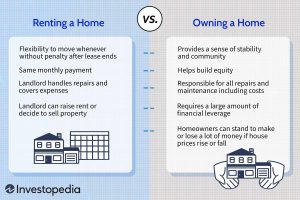
Renting property in Vietnam
Anyone with a valid passport can rent property in Vietnam. Local agents maintain listings, which are widely available on the internet. Property is available both furnished and unfurnished – see individual property listings for details.
The local agents will explain legal procedures and the terms of contract. They will facilitate deposits and rental payments, negotiate notice periods, and sort out a suitable length of tenancy for you. They can also help you negotiate with the utility organizations.
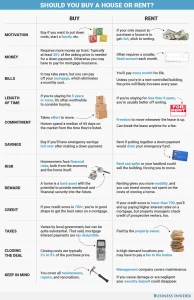
Contact us:
- Address: 9th Floor, VCCI Tower, No 462-464 Lach Tray, Ngo Quyen, Hai Phong
- Tel: 0374.330.915
- Hotline: 0366.456.179
- Email: expathelpvn@gmail.com


